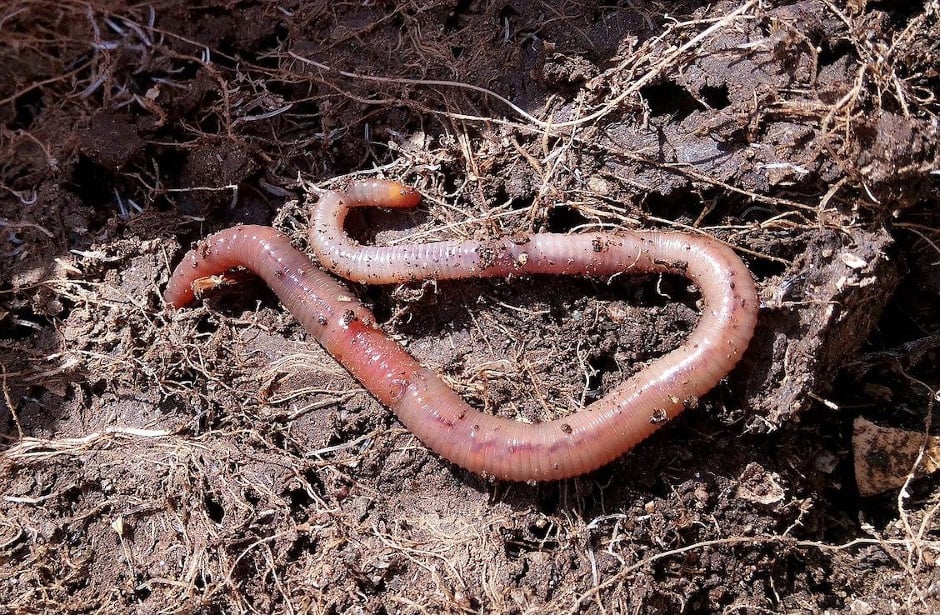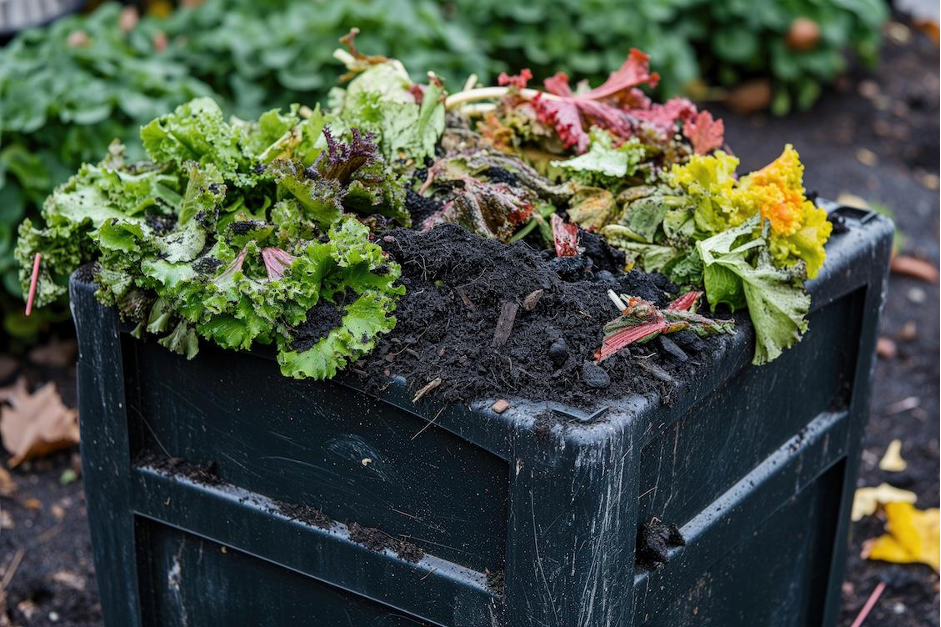Raising Worms to Use as Live Fishing Bait
Going on fishing trips can be quite exciting, especially if you’re very passionate about it. Take for example the people who make a living out
Going on fishing trips can be quite exciting, especially if you’re very passionate about it. Take for example the people who make a living out
Did you know that worms are capable of creating an organic fertilizer product? Yes, you’ve ready it right! Worms are not only good when it
Fruit Flies, Fungus Gnats and Maggots in compost You will experience some common household pests inside your worm bin should you neglect it over time.
A beautiful, well-maintained and pest-free garden is all a gardener could ever thank for. But what if things turn around for the worst? What if
Want to maximize your gardens full potential? Then you should definitely try your hand at composting. This natural process can be very beneficial to your
Aside from selected organic kitchen scraps and garden wastes, crushed eggshells also play a vital role when it comes to worm composting. Not only can
We’re happy to report the trend towards bulk and commercial composting continues to grow, which means that demand for composting equipment and products, like the
Are you ready to learn how to compost? All over the US, there are courses and classes discussing the benefits and how-to’s of composting with
With all the talk about composting and the posts telling you simply have to do it, here are four simple reasons that all that chatter
Colorado State University has installed an “Earth Flow” composting system onsite to channel their kitchen scraps to a compost heap to use in campus landscaping.

In the heart of organic farming and gardening lies a tiny yet mighty hero – the composting worm. These little wrigglers are nature’s recyclers,

Vermicomposting is a joyful journey into the fascinating world of worms and their incredible ability to transform our everyday kitchen scraps into black gold for

Are you looking for a fun and educational activity to keep your kids engaged and teach them valuable lessons about sustainability and nature? Look no

Seasonal Organic gardening means aligning closely with nature’s cycles. As each season unfolds, your garden’s requirements and tasks shift. Whether you’re an experienced gardener or